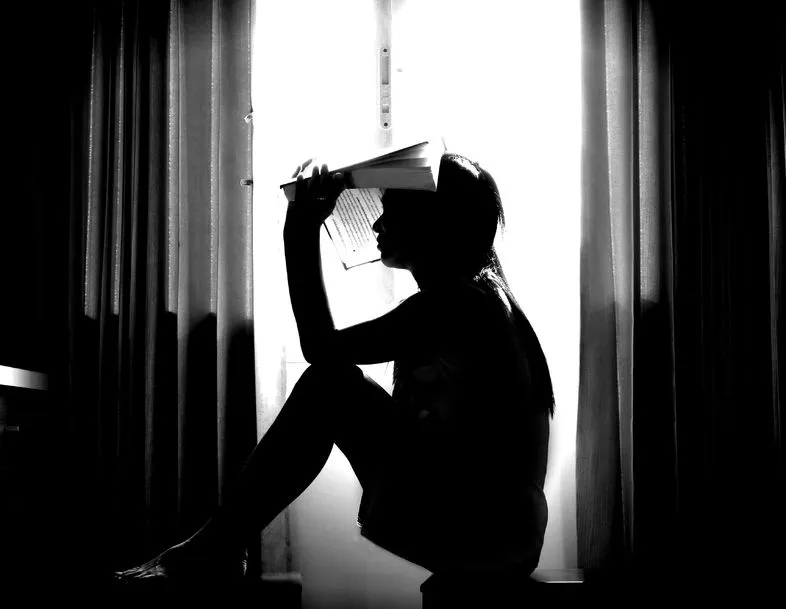
In the cognitive sphere, there may be a reduced concentration, easy distractibility, reduced
memory and alertness with restlessness, irritability, nervousness, easy to finch, and as mentioned
above, a state of alert.
In the emotional sphere, sleep disturbances are very frequent and manifest themselves in the form of insomnia or sleep interrupted by frequent awakenings. Furthermore, from an emotional
point of view, anxiety manifests itself with restlessness, with deflected mood, or on the contrary,continuously seeking stimuli to escape the underlying restlessness.In the somatic body sphere, there may be disturbances affecting the neurovegetative system, including shortness of breath, palpitation, sweating, particularly in the palm of the hand, sensation of having a “lump in the throat”, or the feeling of having a light or heavy head”, or hot flushes ; meteorism, dyspepsia, nausea and diarrhea are frequent.
Others symptoms can be related to muscle tension particularly in the head, neck and back, whichare often responsible for widespread pain and headaches located in the occipital and frontal areas. Anxiety disorders can be different and according to the DSM-V, anxiety can be divided into the following nosographic categories:
Panic disorder
Agoraphobia-
Panic attack
Social phobia
Specific phobia
Selective mutism
Separation anxiety
disorder generalized
anxiety disorder;
Anxiety disorder due to another medical condition;
Substance/Medication Induced Anxiety Disorder;
Unspecified anxiety disorder.
info
Dottoressa Isabella Bonapace
Psicologa Psicoterapeuta della Gestalt
- +39.3388064234
- mindfulnesslifetorino@gmail.com
- Via Ormea, 79, 10125 Torino
Compila il modulo
